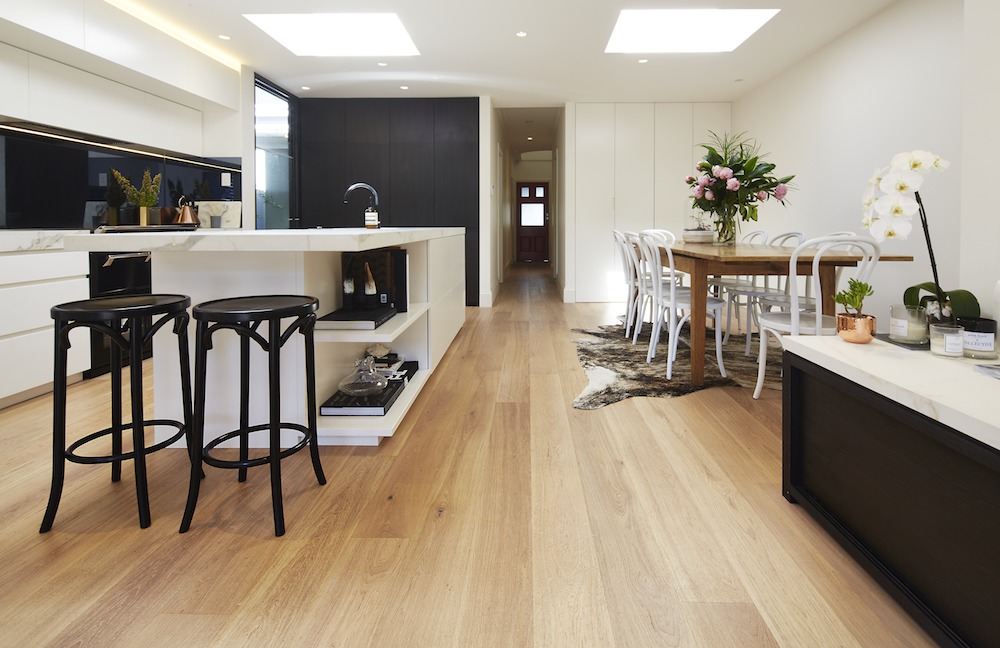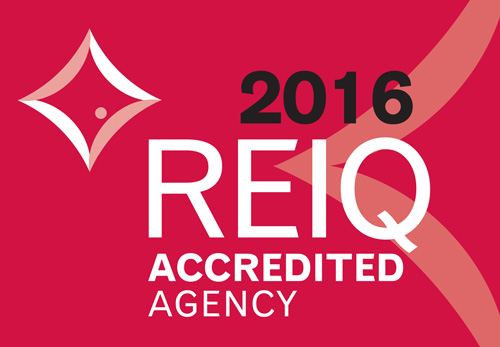Top 10 tips for buying an investment property

What do you need to know before buying an investment property?
Aviate Group managing director Neil Smoli offers his tips.
- Leave your emotion at the door
Buying an investment property requires a different mindset to buying a home to live in. Start your property search with a clear head. “Investment property decisions should be made from a logical point of view, not an emotional one.”
- Choose the right location
Don’t be afraid to look outside your own suburb. Aviate favours inner city areas that offer good amenities for tenants and are close to public transport.
- Avoid areas of oversupply
When looking at potential investment properties, take into consideration other local factors that could impact on your rental and capital growth. Are there many similar properties close by? Are properties about to come onto the market that could cause a glut and drive the price of your property down? “You want to mitigate against the risk of oversupply.”
- If buying new, buy off the plan
Buying off the plan has the advantage of giving buyers time to research a development and learn more about a potential investment. Check out the developer, architect and builder. In certain States, buying off the plan can offer stamp duty reductions.
- Find the right amenities
Retail strips and shopping centres can be attractive amenities if your property is within a comfortable walking distance of up to 700m. The same applies for train stations, hospitals and schools. Being too close to amenities can start to impact negatively on a property as noise and traffic considerations come into play.
- Know your tenants
Make sure any investment property will suit your target rental market. Many tenants are looking for a low-maintenance lifestyle property. Big gardens are not necessarily attractive and young professionals spend more time eating out than in previous decades.
- Give tenants what they want
Security, modern appliances and good internet access are some of the features that make properties more attractive to potential tenants. “It’s important to provide these things if you want to achieve a superior yield.”
- Be focused and know where you stand
While it’s important to be clear about your investment objective, be it for capital growth or sustainable yield reasons, it’s also crucial to know where you stand in terms of borrowing capacity and investment readiness. Investors with a clear idea of their property preference as well as a strong relationship with a mortgage broker have the best chance of success. Mr Smoli believes residential property is suited to a long term investment strategy.
- Understand supply and demand
Vacancy rates are low and there are no signs of this improving in the short-term, Mr Smoli said. “Rental shortages in inner city areas are not likely to be alleviated for some time so investors can continue to expect low vacancy rates and increasing rental yields.”
- Take advice from experts
When it comes to property, everyone has an opinion. But it may pay to take advice from experts in the field, the people that have worked in the industry over the long term and have a strong track record. Aviate uses 32 selection criteria when considering investment properties and has access to information and research that can help investors grow their property portfolios.







